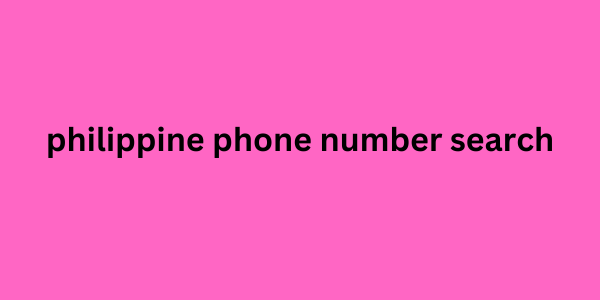Our work is no longer about idea (or concept) but about creating creative collage elements: collections of icons and buttons, boxes for text and lines. We design them so that our clients can immediately assess the look and feel of a site. We put style first, but so short-sightedly forget about substance.
Why? Because we no longer deal with the context of our designs. And when there is no context (read: content), all that is left is visuals and gloss. We have created a new paradigm based on the fallacy that graphic design is equal to the sum of its parts. As if as long as we carefully organize the space and polish every element of a website, we are doing the best we can. This is not true.
By the way, did you remember to read the article about how color scheme affects website conversion ?
Content revival
If we are to get our collective creative juices flowing, we must acknowledge the content issue as part of the design process. It is not enough to simply read a text or listen to a client. We must make their idea our own. We must work on content and design simultaneously. The basis of graphic design is image plus text. Not just text and not just images. But together. Of course, sometimes a design is done with text alone, if that is what the designer intended. But in most cases, a photograph or illustration enhances the impression. Likewise, images can speak for themselves, but more often than not, text expands the meaning.
Imagine you're designing a website for a law firm. They want something that will set them apart from the rest, show their integrity and passion that others lack. During a meeting with you, their CEO shows you an image for the home page: naturally, it's a picture of a handshake.
It gets even worse if you don't have meaningful text for that image. If your design says Lorem ipsum, you've screwed it. It's the same as if there was no text at all. And if you don't have text, there's no design.
That's when it's time to unleash your inner copywriter. You may think you can't write or have dysgraphia. No problem. No one is forcing you to write an essay, you just need to put words together to form a sentence to come up with an idea. We're all capable of that, though. Once you add an idea to a picture, the context begins to change.
mmediately takes on new meanings. We notice how a picture that just a second ago evoked nothing but boredom suddenly begins to seem intriguing to us.
Conversely, changing the image can have a big impact on the text. If you need to build on the word “interaction” (the textual equivalent of a picture of a handshake), you can enhance – or change – the meaning of that word by choosing the right picture. The greater the discrepancy between the image and the text, the more memorable it is.
develop website design photo
Let's look at examples philippine phone number search from life. Here is one of our works - the flashforward website. Its main idea is the balance and harmony of the text and a large background image.

Another example is the main page that Mindrepublic made for a small social network. We are immediately greeted by an image photo, userpic and interface elements. And stock photos look harmonious in such an environment. In addition, the user understands that he can always replace the “default” photo with his own photo masterpiece.
It's easy to create blank slides and eye-catching images. It's harder to convey meaning through design. But that's what people should pay us for. If all you do is copy another template, we have bad news for you: you're not a designer.
MindRepublic Team
To be continued…
Share with friends
Related articles